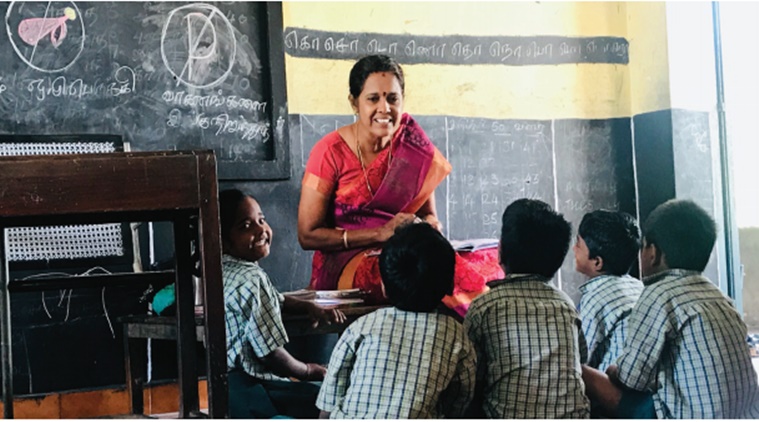Shyamlal Yadav is one of the pioneers of the effective use of RTI for investigative reporting. He is a member of the Investigative Team. His reporting on polluted rivers, foreign travel of public servants, MPs appointing relatives as assistants, fake journals, LIC’s lapsed policies, Honorary doctorates conferred to politicians and officials, Bank officials putting their own money into Jan Dhan accounts and more has made a huge impact. He is member of the International Consortium of Investigative Journalists (ICIJ). He has been part of global investigations like Paradise Papers, Fincen Files, Pandora Papers, Uber Files and Hidden Treasures. After his investigation in March 2023 the Metropolitan Museum of Art, New York returned 16 antiquities to India. Besides investigative work, he keeps writing on social and political issues. ... Read More
Ritika Chopra, an award-winning journalist with over 17 years of experience, serves as the Chief of the National Bureau (Govt) and National Education Editor at The Indian Express in New Delhi. In her current role, she oversees the newspaper's coverage of government policies and education. Ritika closely tracks the Union Government, focusing on the politically sensitive Election Commission of India and the Education Ministry, and has authored investigative stories that have prompted government responses. Ritika joined The Indian Express in 2015. Previously, she was part of the political bureau at The Economic Times, India’s largest financial daily. Her journalism career began in Kolkata, her birthplace, with the Hindustan Times in 2006 as an intern, before moving to Delhi in 2007. Since then, she has been reporting from the capital on politics, education, social sectors, and the Election Commission of India. ... Read More
- Tags:
- National Education Policy
- RSS

 The government dropped the provision that stipulated Hindi as one of the languages that students should study in Grade 6 after protests from political parties, mainly in Tamil Nadu, who saw this as “imposition” of Hindi. (Representational image)
The government dropped the provision that stipulated Hindi as one of the languages that students should study in Grade 6 after protests from political parties, mainly in Tamil Nadu, who saw this as “imposition” of Hindi. (Representational image)































